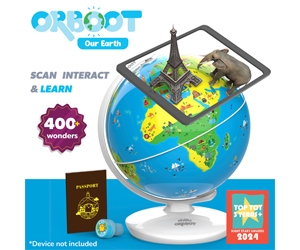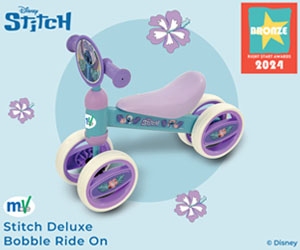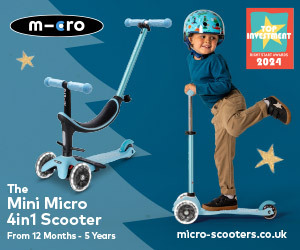Learning at home
Published
The number of home-educated children has jumped by 87 per cent in the last five years, according to new research by online retailer The Kids Collective.

The trend is thought to reflect new patterns of learning during the pandemic. With many children having to adapt to a new learning environment and a more hybrid approach to education, parents are seeing the additional benefits of non-traditional routes to learning.
Five local authorities seeing the biggest increases in children being registered as electively home-educated in the last 12 months are:
- Doncaster Metropolitan Borough Council.
- South Tyneside Metropolitan Borough Council.
- Dundee City Council.
- Manchester City Council.
- London Borough of Richmond upon Thames.
The Kid Collective share their top tips for parents preparing their child for home education:
Social skills
In an educational setting, every activity is social and communication, sharing and conversing are all part of your child’s everyday experience. At home, engaging in regular conversation with your child at home and asking them questions about their day will encourage them to talk, preparing them for conversations with others. Practising greetings and conversations helps to get your child ready for socialising.
Independence
Encourage children to listen to audio books, educational audio and music, and take part in arts and crafts or independent play. Simple tasks such as going to the toilet alone and dressing themselves are skills that boost independence in a learning environment.
Literacy and numeracy skills
These are two subject areas that children will learn throughout their time in primary education. If they are learning at home, you can do a lot to boost their skills. For instance, by reading with children you can teach them how to tell stories and recognise names; you could ask ‘what’s your name?’ and practice will prompt them to ask others and respond appropriately, creating a conversation. Toys like alphabet and number pebbles introduce children to basic numbers and letters, help them to make patterns and shapes – and even work as storytelling prompts. Timeless toys like these will help children with counting practice, language development and dexterity, as well as creativity and imagination.






